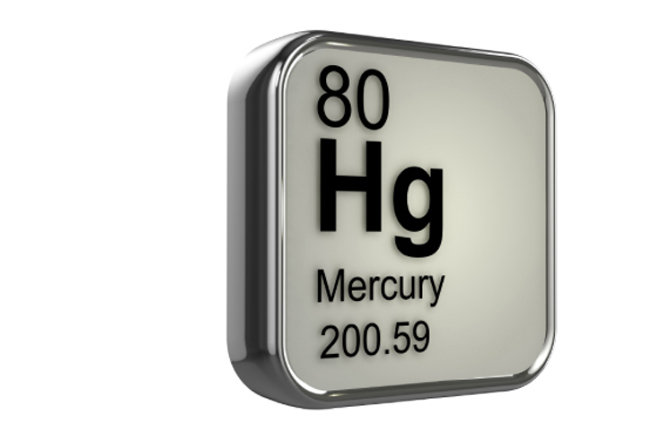The U.S. Environmental Protection Agency (EPA) has sued a West Virginia company for $7 million for allegedly disposing scrap mercury at a backyard refinery in Rye Brook and agreed to settle the matter for $35,829.
Steel of West Virginia Inc., a 111-year-old steel products company based in Huntington, was sued last month in federal court in White Plains for allegedly violating environmental laws.
 In 1988, the lawsuit states, the company replaced furnace equipment that contained mercury, and it arranged shipment of 179 pounds of mercury to Port Refinery Co. in Rye Brook for treatment or disposal.
In 1988, the lawsuit states, the company replaced furnace equipment that contained mercury, and it arranged shipment of 179 pounds of mercury to Port Refinery Co. in Rye Brook for treatment or disposal.
A third-party scrap dealer allegedly paid Steel of West Virginia $1.35 per pound for the mercury, or about 70 percent below market rate.
Steel’s shipment was a tiny part of the overall contamination at Port Refinery. The company accepts responsibility for its actions, according to a consent decree it entered with the U.S. Attorney’s Office. The government has asked federal court to approve the consent decree following its publication in the Federal Register and a 30-day comment period.
The EPA classifies mercury as a hazardous substance that can cause severe neurological and behavioral disorders.
Port Refinery, despite its industrial-sounding name, was actually a backyard operation in a residential neighborhood close to Blind Brook High School.
For 20 years, Edmund Barbera, a chemist, operated a laboratory in the garage behind his house at 55 Hillandale Road, processing mercury to sell as dental fillings.
The lab was discovered in 1991 and designated as a federal Superfund environmental site. Barbera died in 1995.
The EPA spent $6.4 million in the 1990s to demolish the garage and a cabana and to remove 6,500 tons of contaminated soil and debris.
In 2004, more contamination was found along a path between the Arbors condominiums and the high school. Soil in one location, for instance, contained mercury at 1,300 parts per million, or 130 times greater than a government standard.
Mercury was also detected in the groundwater and three ponds. Empty bottles and cylinders used for shipping mercury were found in two underground vaults by the house.
The EPA spent $7 million removing soil, demolishing the house, compensating the current homeowner, cleaning underground pipes and installing air and water filtration systems.
Barbera’s widow sold the property to CBMV Real Estate Corp., Scarsdale, for $400,000 in 2001, according to county property records. CBMV quickly sold it to Martine Gerow, Stamford, for $725,000, who in turn sold it a year later to Joseph E. Carvin, Port Chester, for $750,000.
The U.S. Attorney’s Office is demanding on behalf of the EPA that Steel be held responsible for the costs of the second cleanup.
The government previously sued 10 other companies for the second cleanup, and it has recovered $601,753.





















